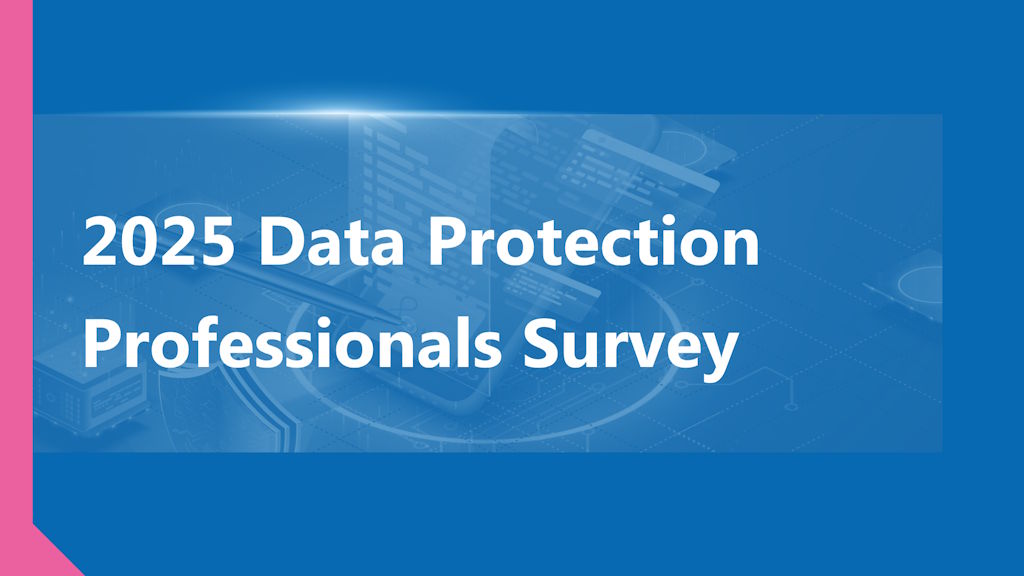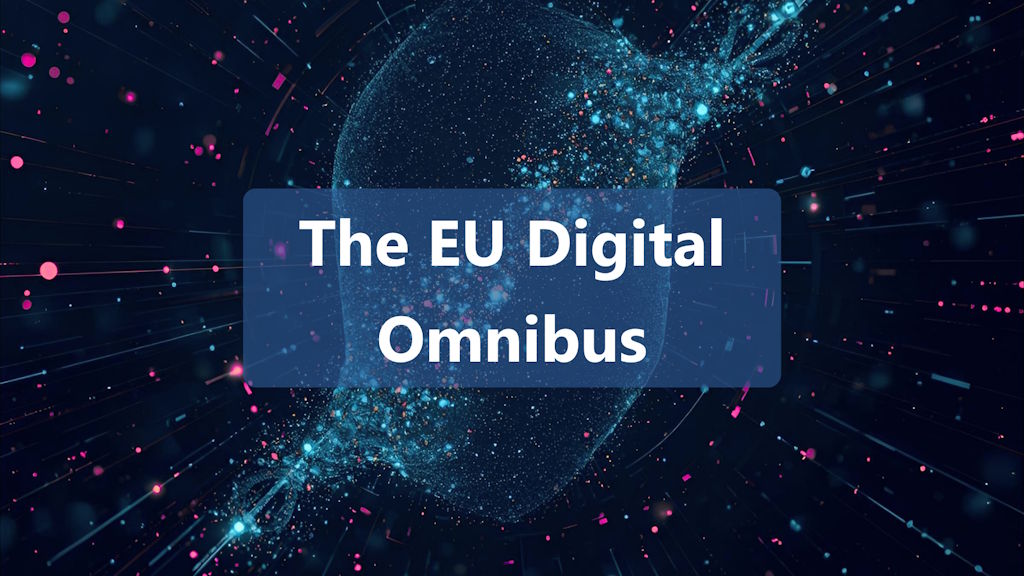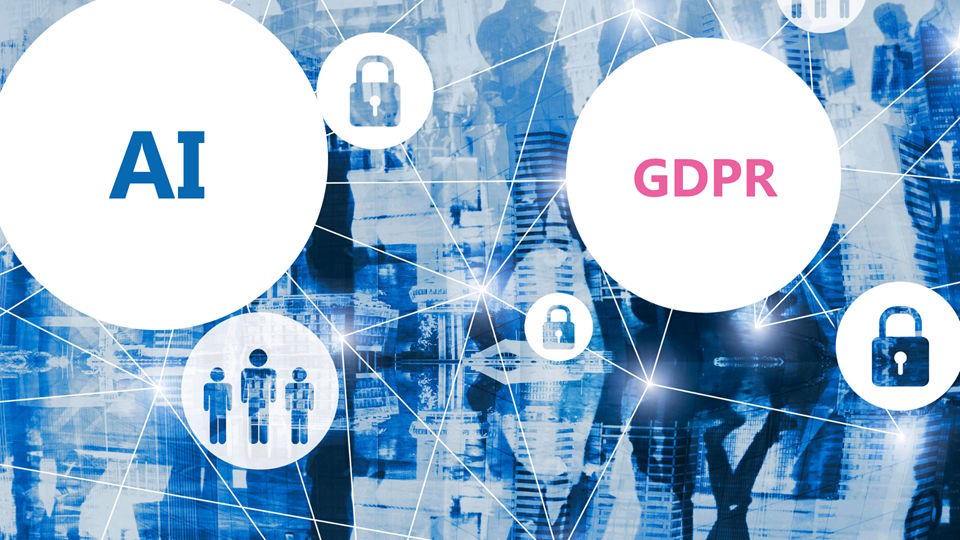From trainee to DPO - Key tips & 7 free GDPR courses
by Sypher | Published in Resources
Boost your pursuit of a DPO career with these key tips and free GDPR courses. As the need for data protection grows, expertise is more critical than ever.
Back in 2017, one year before the GDPR was adopted, a whitepaper published by IAPP (International Association of Privacy Professionals) predicted that the GDPR would create the need for 28,000 DPOs in the EU and the US, and up to 75,000 worldwide.
In 2019, IAPP released another study showing that an estimated 500K organisations had already registered DPOs, just across Europe.
Fast forward to 2023, and the need for DPOs has grown exponentially. The pandemic has accelerated digital transformation, resulting in a significant increase in data processing activities. Moreover, many countries worldwide have adopted or are in the process of adopting privacy regulations similar to the GDPR. The role of DPO is more critical than ever.
DPO legal requirements
The GDPR mandates that DPOs be appointed for all public authorities, and for entities that engage in large-scale processing of personal data, including "special categories" of data, such as racial or ethnic origin, political opinions, religious beliefs, and healthcare data.
While the GDPR does not specify the exact qualifications necessary for DPOs, Article 37 requires that they have "expert knowledge of data protection law and practices." The level of expertise is determined based on the nature of the data processing operations and the level of protection required for the personal data involved.
Obvious as it is, we can’t go around it. As an aspiring DPO, the one place you should start from is the GDPR itself. GDPR-INFO is our go-to website whenever we want to settle debates or get a quick refresh on the letter of the law. Here are the three GDPR articles that mention the DPO role specifically:
- Art. 37 Designation of the data protection officer
- Art. 38 Position of the data protection officer
- Art. 39 Tasks of the data protection officer
Does the DPO need to get certified?
Surprisingly, NO, you don’t need any formal certifications to become a DPO. However, companies tend to favour certified professionals, especially when they lack on-the-job experience.
Moreover, DPOs come from a truly diverse spectrum of professional backgrounds. For example, in France, 47% of DPOs come from areas of expertise other than legal and IT. The same survey showed that 75% of all DPOs expressed a need for training and 31% said they want to follow a more complete training.
Most national data protection authorities (DPAs) manage their own certification programs. SO, if you are interested in getting certified, you might want to start there. However, if you are looking for a more broadly accepted badge of expertise, IAPP’s certification programs are a safe bet. They are not exactly cheap, but the rewards are likely to be worth the price.
Whether you are going to pursue a certification or not, you need to learn. Here are some free courses that can prepare you for certification or just for doing your job as a DPO:
7 free courses for aspiring DPOs
GDPR in brief — Fit 4 Privacy
This online course takes approximately 2 hours to complete and there are no prerequisites to attend. Its aim is to teach the basics of the GDPR, its key requirements, and actions that can be taken towards compliance. The course includes five sections: introduction, the fundamentals, key requirements and applicability, quiz and certification, and bonuses including downloads, tips, and more information. It is suitable for anyone who wants to understand GDPR basics and compliance.
🧑🎓 The course includes an exam and a certificate upon completion.
GDPR data protection officer course — Advisera
Developed by privacy specialist Punit Bhatia and presented by Tudor Galos, this course helps learners understand how to perform the DPO role in compliance with the GDPR. The course includes 13 modules, practice quizzes, and bonus materials, and takes an estimated 15 hours to complete.
🧑🎓 Learners can obtain a certificate of completion for an additional fee.
A twelve step guide to implementing GDPR — Udemy
The course covers topics such as communicating privacy information, individual rights, data subject access requests, consent, and data protection by design. By the end of the course, learners should have an understanding of how to prepare for GDPR compliance and practical advice for implementing the necessary steps. The course is suitable for data controllers and anyone responsible for personal data in a company, and no prior knowledge is required.
🧑🎓 The course is free, but to benefit from access to an instructor and a certificate of completion, you will need to access the paid version of the course. There are a few similar Udemy-hosted courses that follow the same protocol, so you may want to do a quick search to see which fits your interest best.
Privacy in Europe — Coursera
This 18-hour course focuses on European privacy protection and the legal system that governs it. It covers human rights treaties, as well as specific rules and regulations for day-to-day privacy protection in Europe. The course also explores the historical background of European cooperation and its significance in respecting human rights, with a focus on privacy protection. Perhaps most importantly, the course delves into legal elements related to privacy and the GDPR.
🧑🎓 This is the third out of a five-course specialisation in Privacy and Standardisation. You have access to all the content, but getting a certification entails access to the paid version.
Data protection and data security —☝️ UK only
This free online course takes on average 6 weeks to complete and aims to provide learners with an understanding of data protection and security. The course is designed to ensure that individuals who handle personal data are aware of the laws and regulations and can act in compliance to avoid any legal consequences.
🧑🎓 A remarkable perk of taking this course is that it offers a UK-recognized Level 2 qualification certificate.
Free GDPR training course — Measured Collective
The course covers key concepts and principles of the GDPR, along with practical examples of how it applies in practice. The course also discusses how GDPR fits into other data protection and communication laws. It is designed to improve people's understanding of data privacy laws, and it has been made free to reach a wider audience. However, for employee data privacy training, a more comprehensive GDPR essentials course is recommended.
🧑🎓 At the end of the course, participants can take a mini assessment and receive a certificate to prove their knowledge and understanding.
Understanding the GDPR — Future Learn
This four-week online course is designed to provide learners with a comprehensive understanding of the GDPR. It covers topics such as the principles of data protection, individuals' rights, and the role of the DPO. The course consists of videos, articles, quizzes, and discussions, and learners can interact with each other and share their knowledge and experiences.
🧑🎓 The course is not exactly free, but a limited-access version benefits from gratuity. In any case, a $19.99 subscription to the platform will give you full access to this course and many others. Fortunately, the free limited-access version provides most of the content of the course, so it made it on our list.
In conclusion
The need for DPOs has increased massively since the adoption of the GDPR in 2018. While the GDPR does not specify the exact qualifications necessary for DPOs, it mandates that they have expert knowledge of data protection law and practices.
As an aspiring DPO, you should start by familiarising yourself with the GDPR and consider pursuing certifications, although the latter is not technically mandatory. Nonetheless, as the market gets crowded, a certificate is increasingly becoming an advantage.
If you are committed to pursuing a DPO career or you are simply passionate about data protection, we have an extra treat for you: 10 trusted data Protection info sources to keep track of in 2023.
—
Did you find this article helpful? Stay tuned for more by 📌 following our Social Media pages and/or 👉 subscribing to our weekly newsletter. We'll keep you up to date on topics such as Privacy Management, Information Security, and GDPR compliance.


